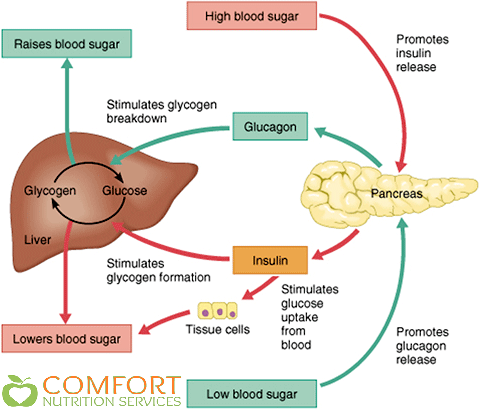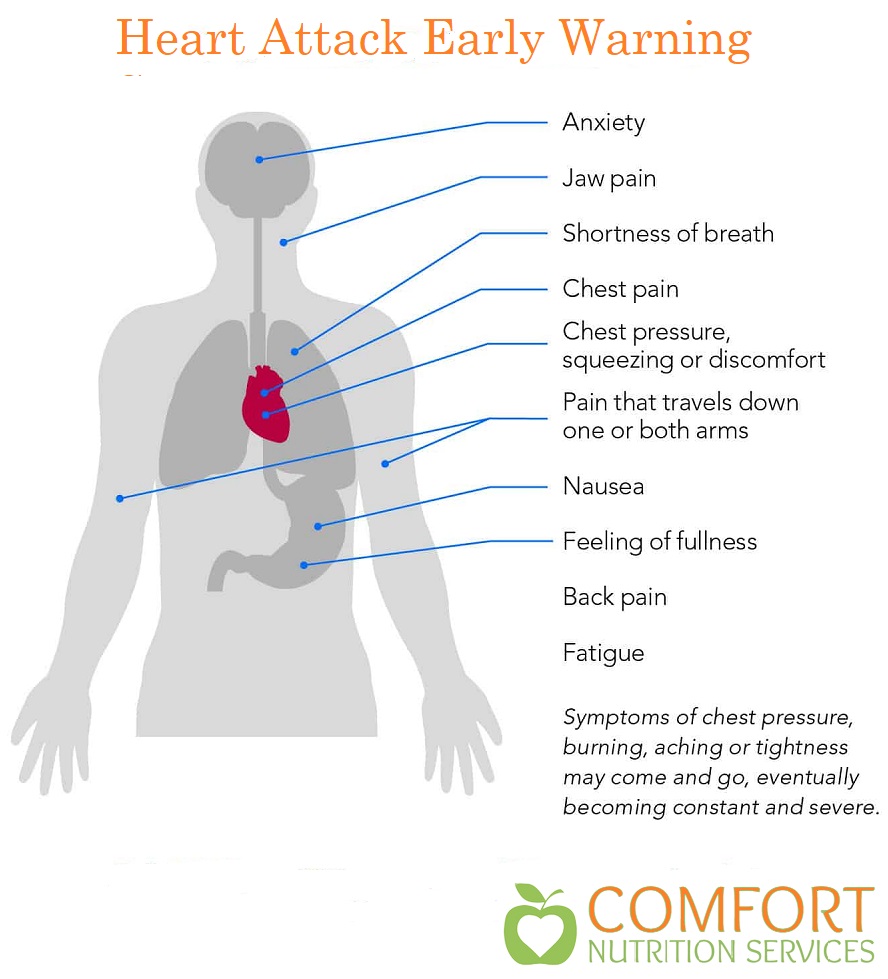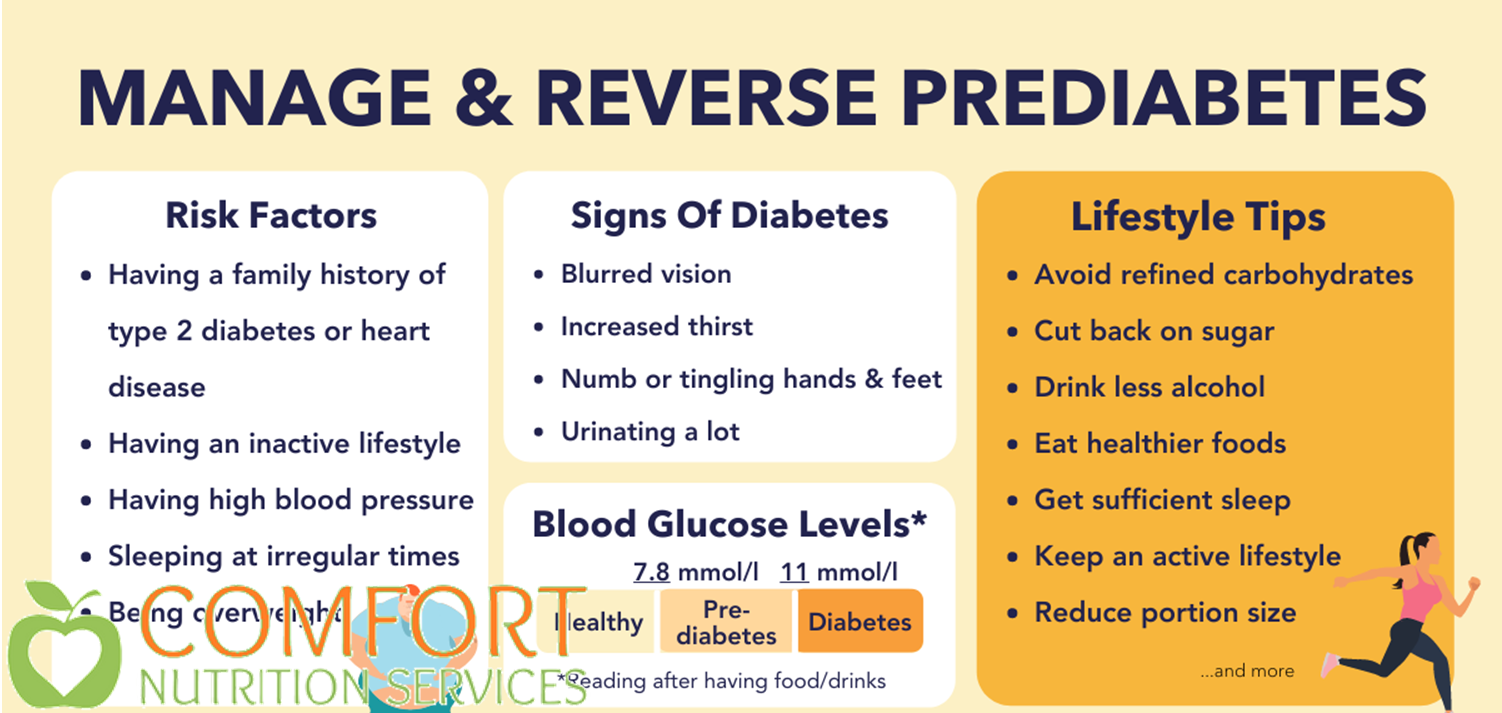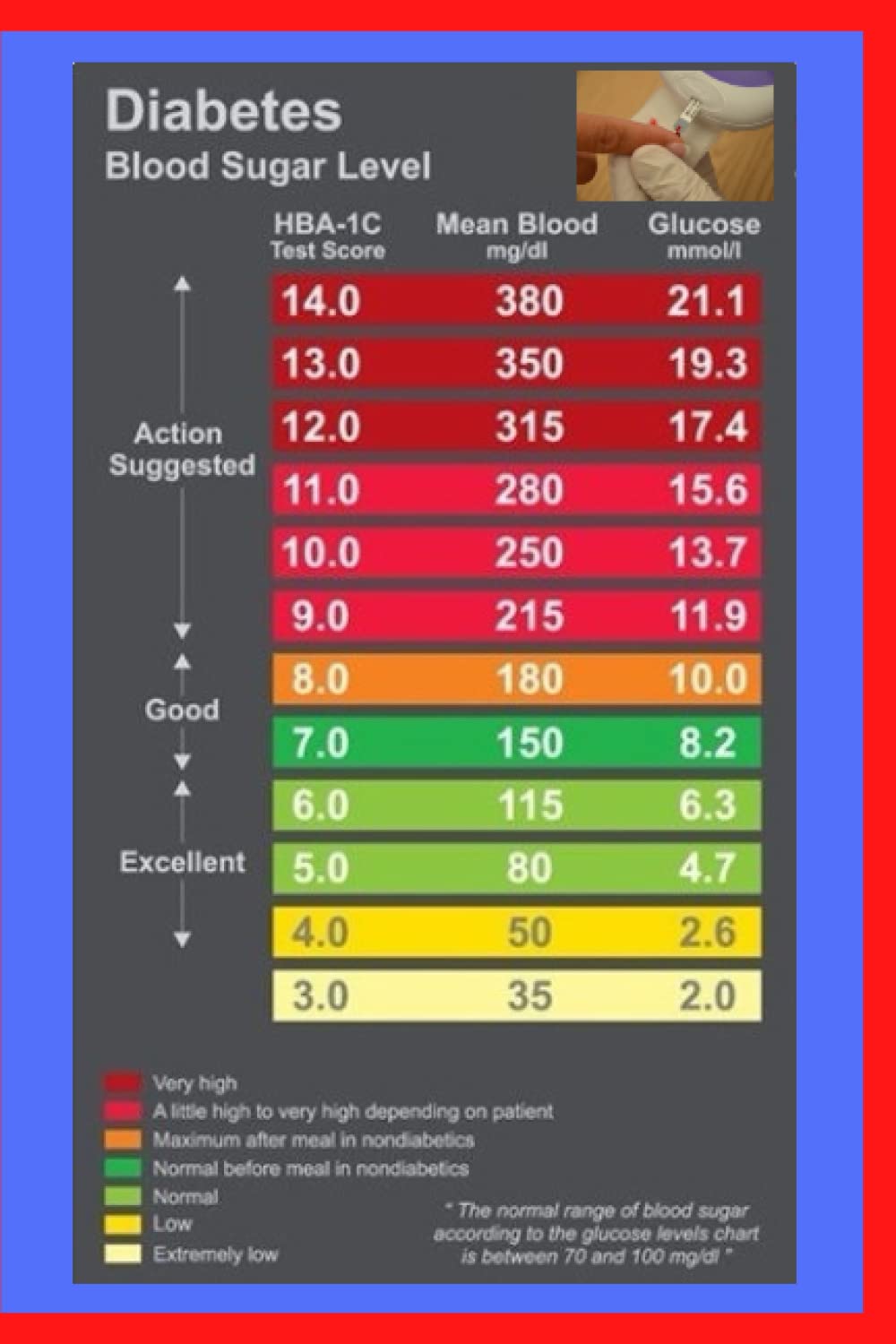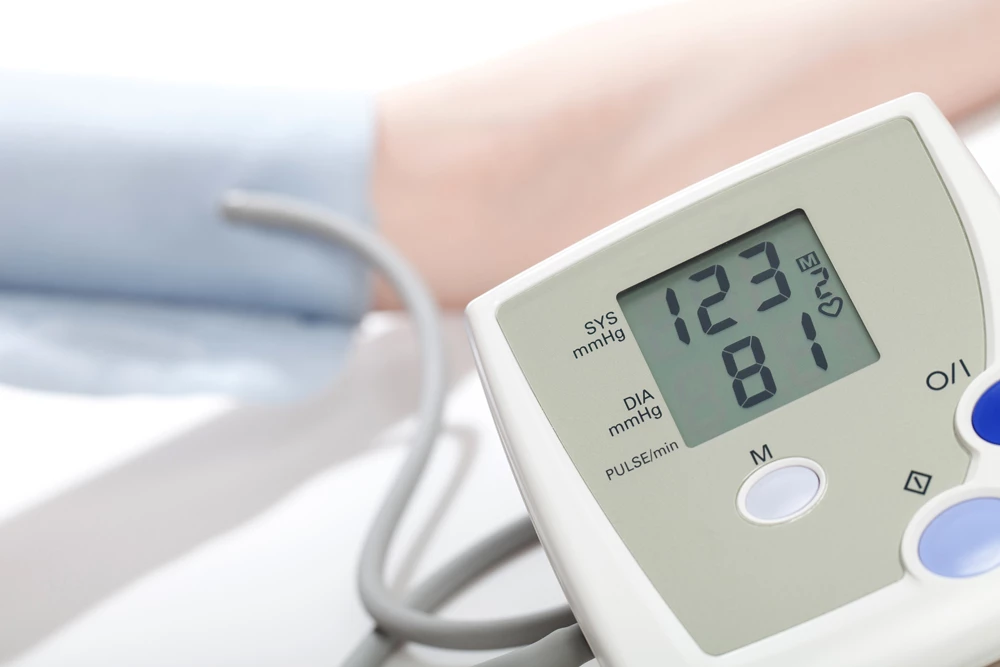We advise people diagnosed with prediabetes to alter their lifestyle by adopting a healthier diet and getting more exercise. These changes should be made sooner rather than later. That’s because although prediabetes usually doesn’t initially progress to type 2 diabetes, prediabetes can develop into a more serious condition over time if action isn’t taken. Researchers…
Read MoreCardiovascular events such as heart attacks and strokes often strike suddenly and without warning. Exertional chest pain or exertional shortness of breath could hint at heart trouble. Seek immediate medical attention, if these symptoms occur. The key is to control the factors that increase your risk for them: diabetes, hypertension, cholesterol, obesity, tobacco abuse. These…
Read MoreResearch has shown that high blood sugar could put you at higher risk of cognitive decline and dementia even if you don’t have fully developed diabetes. Lower levels of blood sugar, on the other hand, are associated with better brain health. Based on previous research – and now our own finding, we can certainly say…
Read MoreHigh blood sugar levels – even those that are episodic and not chronic – cause sugar metabolites to accumulate in brain cells, resulting in systemic inflammation. These oxidative metabolites cause damage to cell membranes easily. Over time, this low-grade chronic systemic inflammation results in what is referred to as “Inflammaging”, which can accelerate the biological…
Read MoreDiet plays an important role in managing type 2 diabetes. Your blood sugar reacts to foods in different ways, depending on what you eat and how much of it you consume at mealtime. UNDERSTANDING SERVING SIZES AND PORTIONS Portions and serving sizes both relate to the quantity of food at a meal. But there are…
Read MoreDiabetes is a chronic disease that has reached epidemic proportions among adults and children worldwide. Uncontrolled diabetes has many serious consequences, including heart disease, kidney disease, blindness, and other complications. Prediabetes has also been linked to these conditions. Importantly, eating certain foods can raise your blood sugar and insulin levels and promote inflammation, which may…
Read MoreYesterday, we created a content on what to know about serving sizes and portions when you have type 2 diabetes and we received comments regarding the same. We would like to deepen the already acquired knowledge by letting you understand a few portion control strategies for people with type 2 diabetes. Being mindful about the…
Read MoreA terrifying statistic of 90% of Americans develop high blood pressure at some point in their adult lives. Research has shown that sodium has a direct correlation to this issue. High blood pressure can lead to heart disease, strokes, heart failure, and kidney disease. Doctors will normally prescribe medications for this danger, but you might…
Read MoreResearch has shown that Heart Disease is the number one cause of death in the United States. There are different conditions that branch off of it, but I will discuss just a few. Congestive Heart Failure, or CHF, is a chronic condition where the heart doesn’t pump blood properly. The symptoms of this are shortness…
Read More
